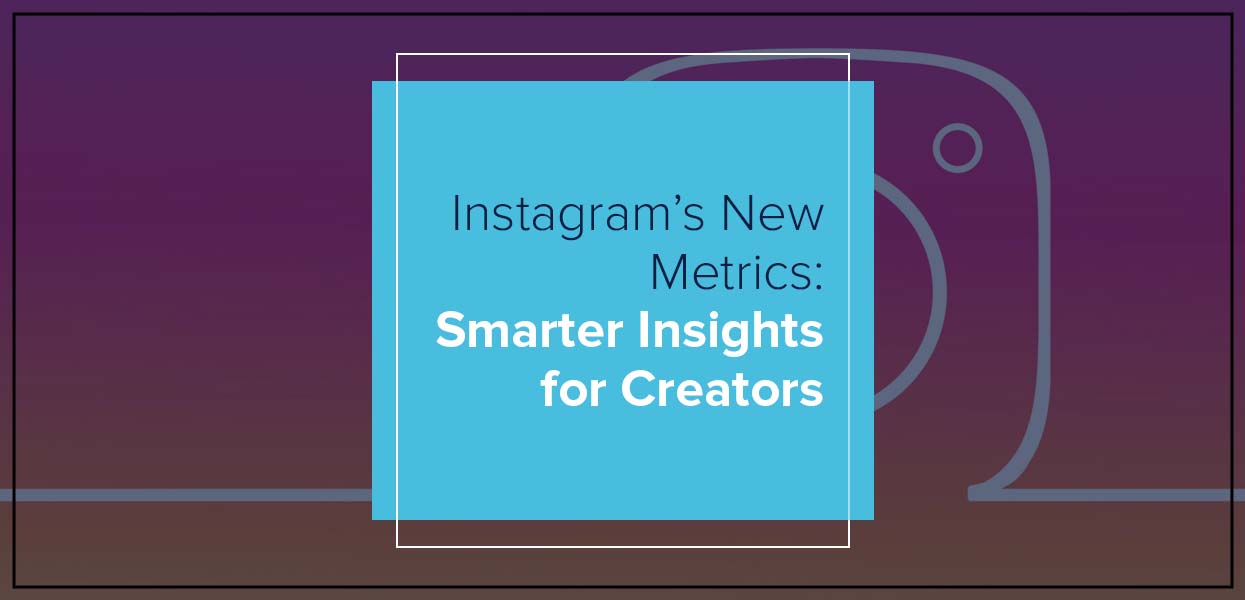Which Factors Affect Auction-time Quality of Search Ads?

Three Factors that Affect Quality of Auction-time Search Ads
When you search for something online, ever wonder why certain ads appear at the top of the page?
It’s not just luck or how much an advertiser is willing to pay.
Search engines like Google consider several factors to determine which ads show up where.
One key element in this process is ad quality, which directly impacts how often and where your ad appears in search results.
Ad quality isn’t just about creating flashy ads or throwing money at bids—it’s about relevance, user experience, and meeting search engine expectations.
In this blog, we'll break down the three main factors that influence a search ad’s auction-time ad quality in simple, easy-to-digest terms.
Plus, a pro tip on how working with Uniworld Studios can level up your digital advertising strategy.
Let’s dive in!
1. Expected Click-Through Rate (CTR)
What It Means:
The expected click-through rate (CTR) is a prediction of how likely people are to click on your ad after seeing it. Search engines like Google analyse past performance, the relevance of your ad text, and how well your ad matches the user’s query to estimate this metric.
Think of it like this: if your ad is the answer to someone’s question, they’re more likely to click on it. The more clicks your ad gets, the more it proves its value to search engines. Ads with higher expected CTRs are often rewarded with better placements.
How to Improve It:
Use keywords smartly: Include terms your audience is searching for in your ad copy.
Create compelling headlines: Headlines should grab attention and clearly convey what your ad offers.
A/B test your ads: Experiment with different versions to find the one that resonates best.
Why It Matters:
When your expected CTR is high, search engines see your ad as relevant and helpful, which can improve its rank—even if your bid isn’t the highest.
2. Ad Relevance
What it Means:
Ad relevance measures how closely your ad matches the searcher’s intent. If someone types "best vegan snacks," and your ad promotes vegan chips (like the ones from NutroYumm), your ad is likely considered relevant.
On the other hand, if your ad promotes protein shakes, it might not align perfectly, even if the audience overlaps.
Ad relevance is about connecting the dots between your keywords, ad text, and landing page.
If the pieces don’t fit, your quality score—and placement—will suffer.
How to Improve It:
Match keywords and ad copy: Use the exact terms people search for in your ad text.
Stay specific: Don’t try to target everyone. Focus on the specific needs of your ideal audience.
Ensure landing page consistency: Make sure the content on your website matches the promise of your ad.
Why It Matters:
Ad relevance ensures that the user’s experience is seamless, from clicking your ad to landing on your website. If search engines feel you’re offering what the user wants, they’ll prioritise your ad.
3. Landing Page Experience
What it Means:
The landing page experience refers to how useful and easy your webpage is for users after they click on your ad. Search engines evaluate factors like page load time, mobile-friendliness, and how well the page delivers on the ad’s promise.
Imagine clicking on an ad for “affordable office furniture,” but the landing page is all about luxury desks with no price listed.
Frustrating, right?
That’s what search engines want to avoid.
How to Improve It:
Make your page mobile-friendly: With so many people searching on their phones, your website must look and work great on smaller screens.
Speed it up: Ensure your site loads quickly; every second matters.
Offer valuable content: Your landing page should immediately provide the information or product the user expects based on your ad.
Why it Matters:
A great landing page boosts user satisfaction and increases the chances of conversion. Search engines reward advertisers who prioritise user experience by giving their ads better placements.
How These Factors Work Together
Search engines combine expected CTR, ad relevance, and landing page experience to calculate your Quality Score. This score is then factored into the Ad Rank, which determines:
Whether your ad is visible or not?
Where will it appear on the page?
How much do you pay per click?
Even with a limited budget, focusing on these three areas can help you outperform competitors with higher bids but lower ad quality.
In essence, ad quality is a win-win: it rewards advertisers who create valuable experiences while ensuring users get the most relevant results.
Pro Tip: How Uniworld Studios Can Help You Win the Ad Auction
Let’s face it, managing search ads isn’t a walk in the park. From crafting compelling ad copy to optimising landing pages, there’s a lot to juggle.
That’s where Uniworld Studios comes in.
Teaming up with Uniworld Studios can change the game for you.
Whether it’s identifying the right keywords, enhancing ad relevance, or improving your landing page experience, we have the know-how to make your campaigns stand out. Plus, we constantly analyse and tweak campaigns to ensure you’re getting the best ROI.
Our team of experts don’t just run campaigns—we build strategies tailored to your business goals.
Wrapping It Up
In the competitive world of search ads, winning isn’t just about spending the most money—it’s about creating high-quality ads that provide value to users.
By focusing on expected CTR, ad relevance, and landing page experience, you can improve your ad quality and dominate search engine results.
And if you’re looking for an expert partner to help you get there, look no further than Uniworld Studios.
We’ll help you turn clicks into customers.
Categories
- Digital Marketing
- Website Development
- Graphic Design
- Content Writing
Latest Posts
-
- Essential Marketing & Advertising Keywords 2025



